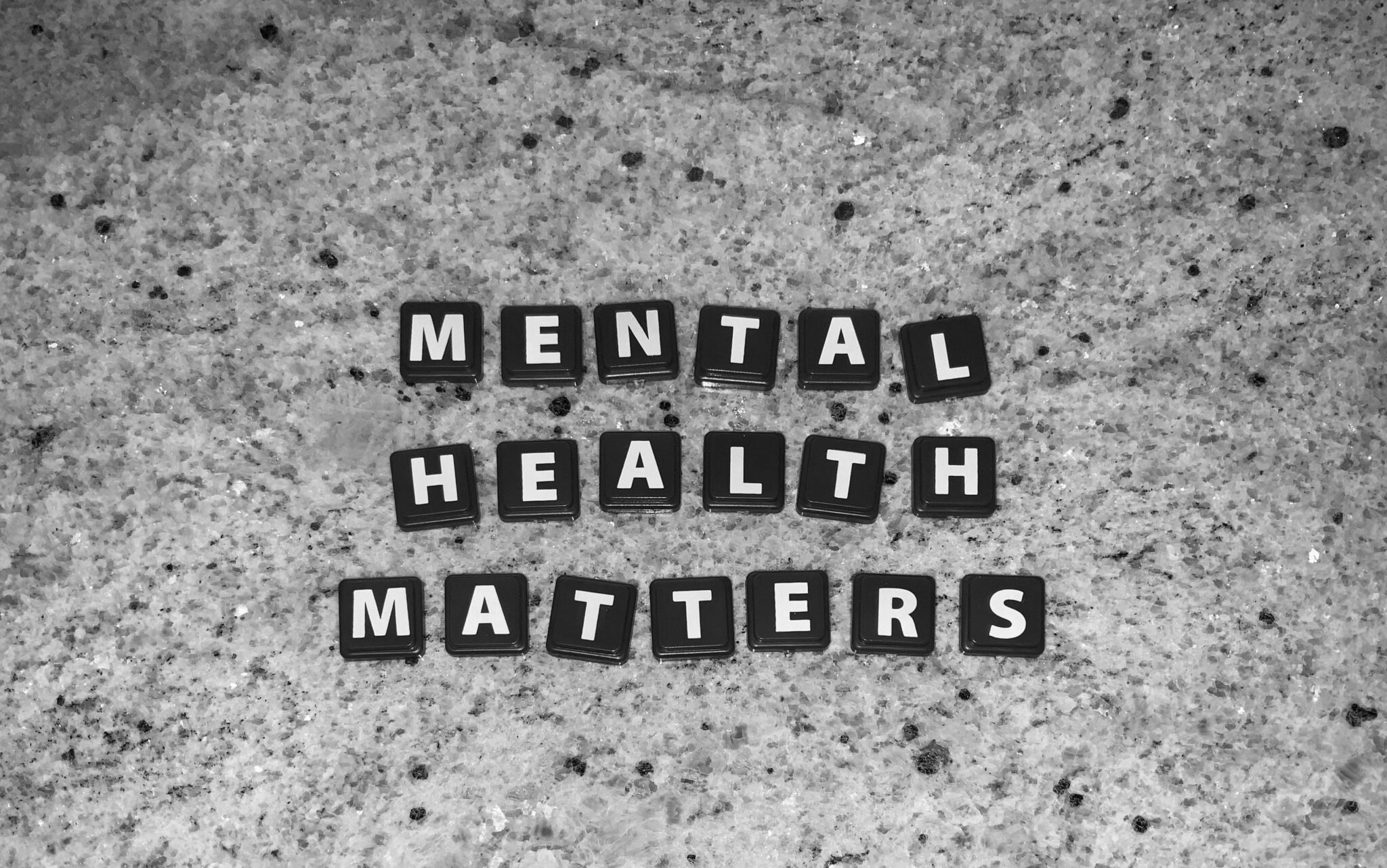There’s a quiet courage in admitting when life feels too heavy to carry alone. In those moments when the walls seem to close in, and the weight of our struggles feels unbearable, reaching out for help can feel both terrifying and impossible. But asking for help isn’t a sign of weakness-it’s a powerful act of strength and self-love. In this article, we’ll explore how to find that inner bravery to say, “I need support,” and why doing so can be the first step toward healing and hope. If you’ve ever felt alone in your pain, know that you’re not-and there is strength in seeking connection.
Recognizing the Signs That You Need Support
Sometimes, the signs that you need support are subtle, whispering beneath the surface of your daily life. You might notice a growing sense of overwhelm, where small tasks feel impossible and motivation drains away. Emotional fatigue can creep in quietly, manifesting as irritability, sadness, or a persistent feeling of emptiness that doesn’t seem to lift. Physically, sleepless nights, unexplained aches, or a lack of appetite are your body’s way of signaling distress. Paying close attention to these feelings-and trusting your intuition-is the first step toward recognizing that you deserve help and shouldn’t face your struggles alone.
It’s important to remember that needing support isn’t a sign of weakness, but an act of courage. Look out for these warning signs in yourself or others:
- Isolation: Pulling away from friends, family, and activities you once enjoyed
- Overwhelming stress: Feeling unable to cope despite your best efforts
- Constant worry or negativity: Thoughts that dominate your mind and sap your energy
- Physical symptoms: Persistent headaches, fatigue, or changes in sleep and appetite
Recognizing these signs allows you to act sooner rather than later-reaching out, sharing your feelings, and finding the support that can help you navigate through the storm.
Overcoming the Fear of Reaching Out
The hesitation to ask for help often stems from a deep-seated fear of judgment or rejection. This fear can feel like a heavy weight, keeping you trapped in isolation when vulnerability is exactly what you need most. Remember, reaching out is a sign of courage, not weakness. It’s an act that takes immense strength because it means acknowledging your limits and trusting others enough to let them in. Embrace the idea that everyone needs support at some point, and seeking it is a fundamental part of healing and growth.
Start small by identifying the people in your life who have shown kindness and reliability in the past. When you’re ready, try one of these gentle steps to begin your journey toward connection:
- Send a brief message expressing your feelings
- Ask a trusted friend for advice rather than direct help
- Share a small part of your struggle to test the waters
Each step forward loosens the grip of fear and builds a foundation of trust and comfort. You might surprise yourself with the compassion you receive – and the inner strength you uncover along the way.
Choosing the Right People to Confide In
When you’re ready to open up, it’s vital to find people who will truly listen without judgment. These are not just any acquaintances but those whose presence brings comfort and safety. Look for individuals who have shown empathy in the past, who respect your boundaries, and whose advice feels grounded and sincere. Sometimes, it’s a close friend, a family member, or even a mentor who understands your struggles without trying to fix them immediately. Remember, vulnerability is a gift, and it deserves to be received with kindness and care.
Before sharing, consider these points to find your trusted circle:
- Reliability: Someone who follows through and makes time for you.
- Confidentiality: A person who respects your privacy and won’t spread your story.
- Positive Support: How they uplift you rather than judge or criticize.
- Emotional Stability: A listener who can manage their responses without overwhelming you.
Choosing wisely means giving your heart space to heal and grow. Trust doesn’t have to be earned overnight, but when nurtured, it turns the simple act of asking for help into a powerful step towards reclaiming your strength.
Practical Steps to Ask for Help with Confidence
Start by recognizing that asking for help is a sign of courage, not weakness. Embrace your feelings and be honest with yourself about what you need. Break down your request into simple, clear points so you can express yourself without feeling overwhelmed. This clarity makes it easier for others to understand how they can support you. Remember, the right people want to be there for you-they just need to know how.
When you’re ready to reach out, choose someone trustworthy and empathetic. Use phrases like “I’m struggling with…” or “I could really use some support with…” to open the conversation gently but directly. Keep in mind that your feelings are valid, and you deserve care. If the first attempt doesn’t go as planned, be patient with yourself and try again-you’re building a bridge toward healing, one step at a time.
Closing Remarks
Remember, asking for help isn’t a sign of weakness-it’s a courageous step toward healing and growth. When you’re struggling, reaching out connects you to the support and understanding you deserve. You don’t have to carry your burdens alone; strength often lies in the vulnerability to admit you need a hand. So, be gentle with yourself, take that brave first step, and allow others to walk with you toward brighter days. You are not alone, and help is closer than you think.














